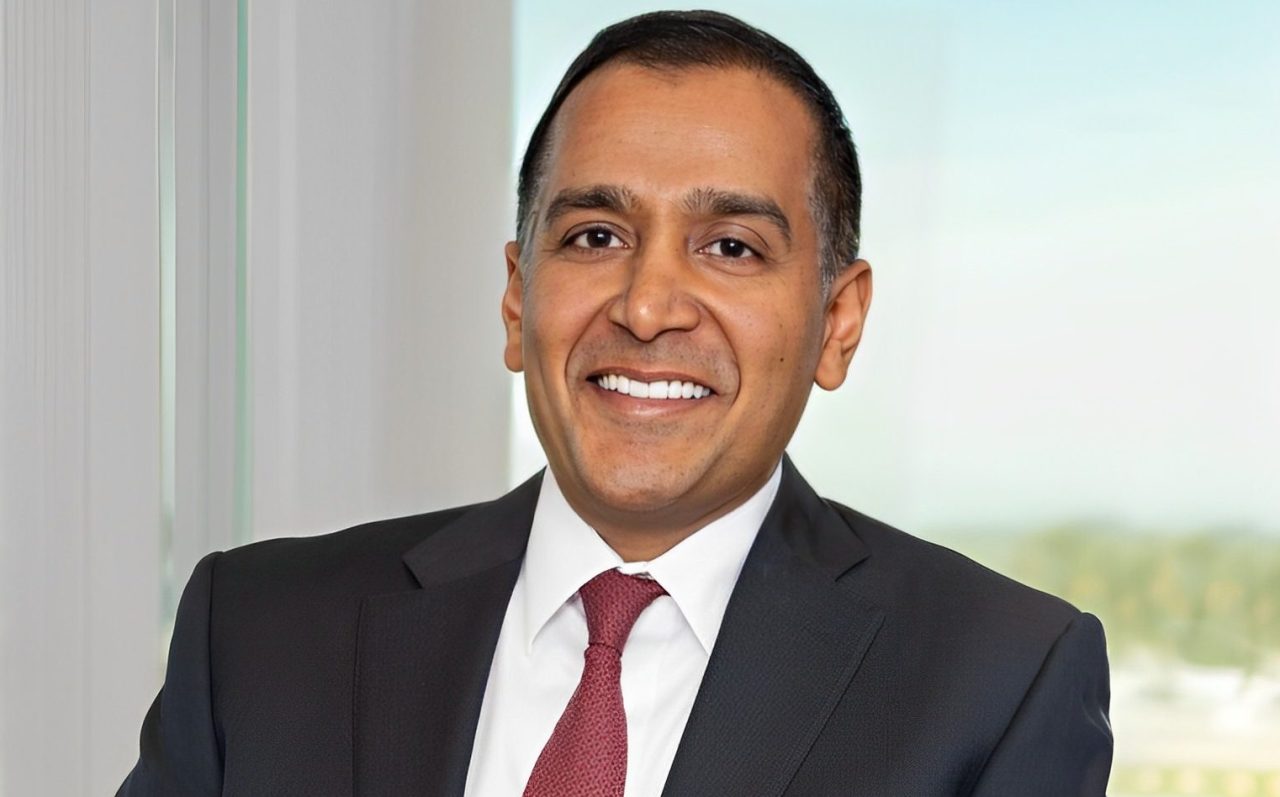Sachin H. Jain, President and CEO of Scan Group and Health Plan, recently shared on LinkedIn:
“One of the most complicated topics in healthcare is how we price goods and services.
What should a new medicine or vaccine cost? What should a nurse practitioner be paid for his/her time? A doctor? How much should a hospital charge for a hospitalization?
These topics quickly go from the rational to irrational in any conversation. Telling someone that they personally (or the sector they represent) get paid too much or too little for something can get emotional fast—and often times emotion trumps data and reason.
And, yet, as a society, we have to get comfortable pricing healthcare goods and services and attempt to apply some defensible logic and reason. How does one properly price services that involve life and death?
I don’t claim to have an overarching answer—but I do have some thoughts on a few general principles and would love the input of others.
1) we should give more relative value to interventions that prevent complications and progression of disease than we do to managing those complications. An ounce of prevention should be worth a pound of cure.
2) we should give more value to the true creator of value or the deliverer of the service than the administrative apparatus that surrounds it. That means that the scientists who develop the insights that lead to a new drug should be rewarded more than the people who commercialize it. This is an oversimplification—as drug development is complex and multifaceted—but is the starting point of a conversation.
Front-line, patient-facing work should be valued more highly or at least as highly as non-patient facing administrative work.
3) when technology disrupts a process or simplifies it or makes it less costly, we should make relative adjustments in the pricing of those services—not hold them fixed. I have seen arguments for example that hospital at home services should be paid at the same price as hospital in hospital services even though there are fewer costs and inputs associated with it. I think things that cost less to deliver should be priced lower than things that cost more to deliver.
What do you think of these principles? Are there other approaches you might apply?”
Source: Sachin H. Jain/LinkedIn


